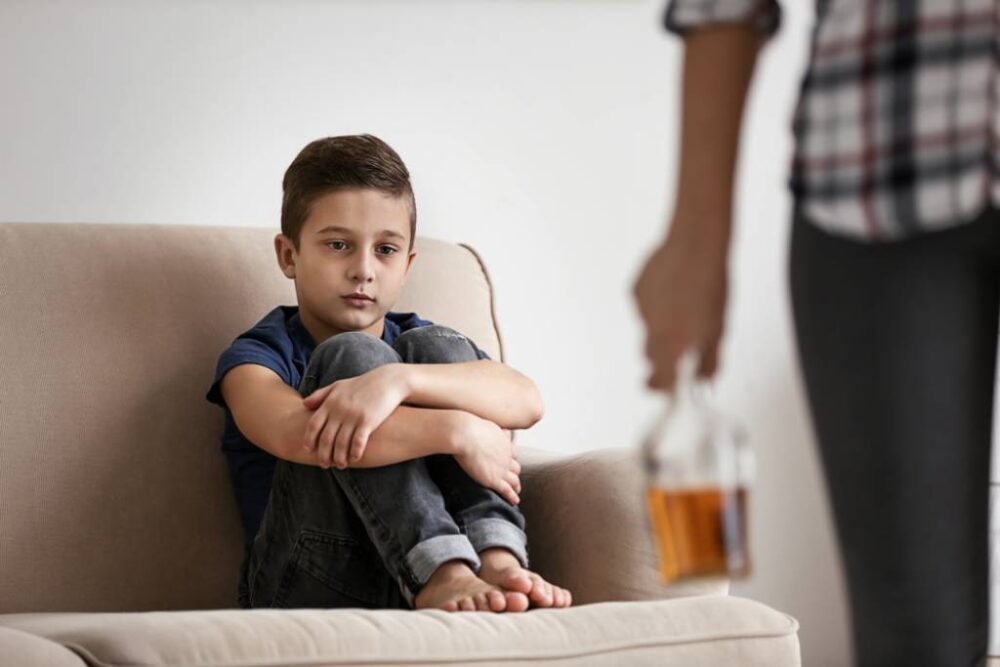Table of Contents
Recovering from drug addiction is a tough journey that can bring about incredible transformations. It all starts with the courageous decision to seek help.
When it comes to addiction treatment, navigating through the complexities is vital for both individuals and their loved ones. Having a clear understanding of what a drug rehab center does is a crucial step toward making informed decisions and paving the way to a healthier, substance-free life.
This blog is here to help you navigate the complexities of the rehab landscape and give you a clear idea of what to expect on your journey to recovery.
What is Drug Rehab?
Drug rehab programs, also known as drug rehabilitation centers, are created to assist individuals in overcoming substance abuse and addiction. These centers aim to provide a structured and supportive environment where individuals can address the physical, psychological, and emotional aspects of their addiction.
Drug rehabs use a range of evidence-based therapies and interventions to support the recovery process. Their goal is not only to address addiction symptoms but also to identify and treat the root causes.
Types of Drug Rehab Programs
Inpatient Rehabilitation
Inpatient rehab requires staying at the treatment facility the whole time. This comprehensive, round-the-clock approach offers a well-structured environment with constant medical supervision. It’s perfect for individuals with severe addiction or those who might struggle to stay sober at home.
Outpatient Rehabilitation
Outpatient programs offer treatment while you stay at home, which is great for those with milder addiction or busy schedules. These programs come in different intensities, with some requiring a few hours of treatment each day.
Residential Treatment
Residential treatment combines inpatient and outpatient programs. You stay on-site for a set period, which can range from a few months to a year. It’s a less intensive program that still provides therapy and support during the day while living in a controlled and sober environment.
What is the Rehab Process?
The rehab process is a structured journey created to guide you through four stages of complete rehabilitation. Each plays a crucial role in your long-term well-being.
1. Treatment Initiation
This initial stage focuses on getting you stabilized and setting the groundwork for your recovery. It typically involves:
- Detoxification. This medically supervised process helps your body safely remove the addictive substance from your system. Detox helps alleviate withdrawal symptoms and paves the way for clearer thinking and emotional regulation.
- Comprehensive assessment. A team of professionals will look into your medical, psychological, and social history to gain a holistic understanding of your addiction. This will help them create a personalized treatment plan.
- Psychoeducation. You’ll gain knowledge about addiction, its impact on your brain and body, and different treatment approaches. This will empower you to make informed decisions about your recovery journey.
2. Early Abstinence
After detox, the focus shifts to learning the essential skills for staying clean and sober. Here’s what you’ll cover:
- Cognitive-behavioral therapy (CBT). CBT helps you recognize and change negative thoughts and behaviors that contribute to addiction.
- Coping strategies. You’ll learn healthy ways to deal with stress, cravings, and triggers, reducing the risk of relapse.
- Support groups. Connecting with others in recovery gives you valuable peer support, understanding, and encouragement.
- Establishing routines. Setting up new and healthy daily habits, like regular exercise, nutritious meals, and enough sleep, builds a strong foundation for lasting well-being.
3. Maintaining Abstinence
As you near the end of the program, the focus shifts to applying your acquired skills and knowledge in the real world. Here’s what you’ll do:
- Ease back into society. You’ll start putting your healthy habits into practice in everyday life, learning how to handle difficult situations without relying on drugs.
- Explore underlying issues. Therapy might explore past traumas or mental health conditions that could have contributed to your addiction, supporting lasting healing and personal growth.
- Build a strong support network. Connecting with family, friends, and community-based support groups creates an important safety net as you transition back to life outside of rehab.
4. Advanced Recovery
Recovery is a lifelong journey, but with continued support and self-care, you can thrive. This stage is about:
- Personal growth. You’ll continue to develop healthier relationships, pursue meaningful activities, and unlock your full potential.
- Resilience. You’ll learn to handle life’s challenges without turning to substances, building stronger coping strategies and emotional well-being.
- Giving back. Sharing your journey and supporting others in recovery can bring purpose and connection, contributing to a larger community of hope and healing.
How Long Are Drug Treatment Programs?
The length of your stay in drug rehab centers varies based on the level of care required. While there’s no one-size-fits-all answer, understanding the timeframe involved in addiction recovery is essential for planning and setting realistic expectations.
Short-Term Programs (3-30 days)
Short-term rehab is all about detoxifying your system and helping you safely navigate through withdrawal symptoms with medical supervision. You’ll also get a crash course in coping mechanisms and strategies to prevent relapse through individual and group therapy sessions.
Short-term programs may feel like a whirlwind, but they give you the initial tools and resources to transition back into daily life with a strong support system.
Mid-Term Programs (30-90 days)
Mid-term rehab stays are places where you dive deeper into the world of recovery. Not only will you fine-tune your coping skills, but you’ll also create healthy habits and routines that seamlessly fit into your everyday life. These programs offer intensive therapy and life skills training, empowering you to tackle real-world challenges with confidence.
Long-Term Programs (90 days-1 year or more)
For some, recovery takes time and a journey of rebuilding their lives from scratch. Long-term programs offer a wide range of support, including therapy, addiction education, and holistic wellness practices that are easily accessible.
These programs are perfect for individuals dealing with complex issues like co-occurring mental health conditions or chronic addiction. They provide the opportunity and environment needed to heal and transform.
Embracing Hope on the Road to Recovery
As individuals and their loved ones face the difficulties of addiction recovery, it’s important to understand that asking for help isn’t a sign of weakness. It’s a bold statement of inner strength. Drug rehab centers stand as beacons of hope, providing customized treatments, compassionate support, and empowering resources to overcome drug abuse.
Ready to transform your life? Learn more about our drug rehab process at Infinite Recovery to begin your journey to healing.

















